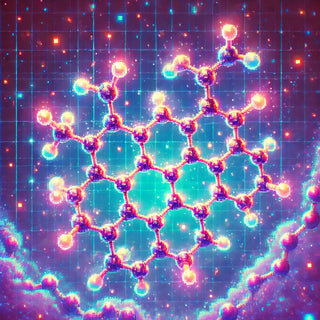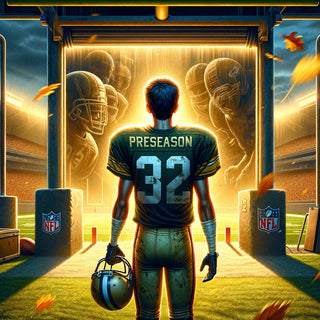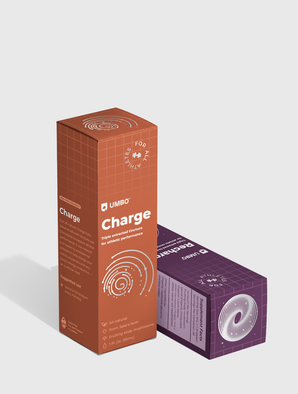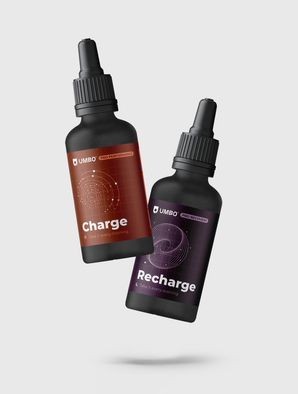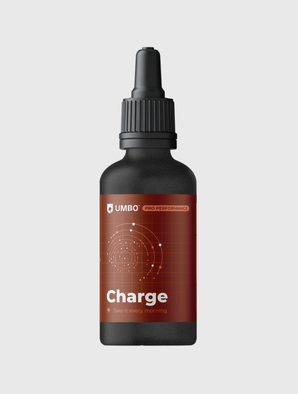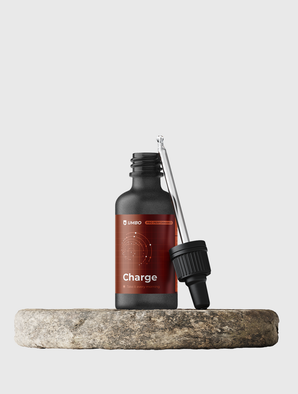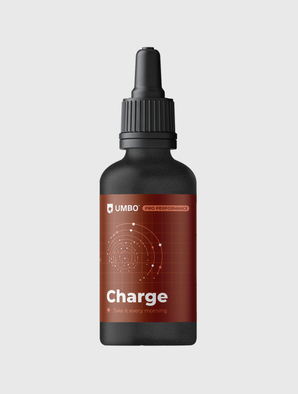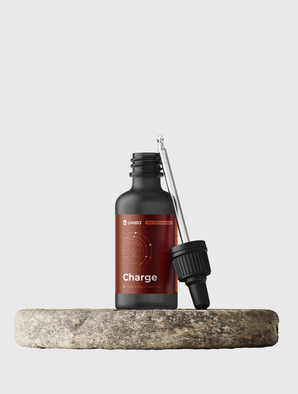There is still a lot of misunderstanding and negative stigma around mushrooms. Some think that they are unclean, are slimy or have a bad texture, or are poisonous. There may be some grain of truth in these perceptions for a small minority of species, but it is not true at all for the great majority of the millions of species of mushrooms in the fungi kingdom. Slowly, these stigmas are being erased. There is so much positive potential for mushrooms to do good in the world.
However, there is one particular stigma that needs to be addressed head-on: The question that is asked most often about functional mushrooms is whether they are psychedelic. In short, no, not at all. Not even a little bit. Psychedelics are part of a different group altogether within the fungi kingdom, and have separate and distinct characteristics and active compounds.
Why the misperception about functional mushrooms?
Now, why do so many people often think that functional mushrooms will get them high or take them on some sort of psychedelic trip? We do not know for sure, but suspect the answer has something to do with greater public acceptance of psychedelic compounds like psilocybin. A lot of promising scientific research into the health benefits of psilocybin has been published, citing increasing evidence that psilocybin may be able to help conditions such as PTSD, alcoholism, and depression.
Local efforts to decriminalize and legalize psilocybin
This research has led to changes in some state and local laws, decriminalizing and/or legalizing the possession or use of psilocybin. For example, in May of 2019, Denver, Colorado, became the first city to decriminalize psilocybin. And in 2020, Oregon passed a ballot measure that both decriminalized psilocybin and legalized the personal use of psilocybin, when people use it under supervision at service centers. Colorado followed soon after, in 2022, with a similar measure.
But, despite the work these cities and states have done to decriminalize it, the use, sale, and possession of psilocybin is illegal under federal law in the United States — at least as of the writing of this post.
Psilocybin in culture
With these broader shifts in attitudes towards mushroom-based psychedelics, it’s perhaps understandable people assume that lots of mushrooms have those sorts of psychoactive abilities. In reality, however, this could not be more wrong. The great majority of the fungi kingdom are not psychoactive at all. More to the point, the functional mushrooms like Reishi, Cordyceps, Lion’s Mane, and the others we discuss in this book, are also not psychoactive. We cannot say this more clearly: These functional mushrooms will not take you on any kind of trip.
Functional mushrooms are legal and are not psychedelic
Moreover, functional mushrooms are perfectly legal. They come from nature. And they are some of the better options out there for people who want to improve their athletic performance and recovery in a natural way, especially if you want to avoid putting synthetic or non-natural stuff in your body.
If you are interested in the role of psychedelics in health and healing, we encourage you to look into it further. There is some good scientific research out there to read. It is not a topic we will address, however. Here, we are only focusing on the benefits of functional mushrooms for athletes.



